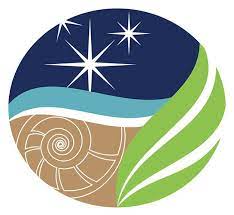
5251 Broad Branch Road, NW, Washington.
Andrew Carnegie founded the Carnegie Institution of Washington in 1902 as an organization for scientific discovery. His intention was for the institution to be home to exceptional individuals—men and women with imagination and extraordinary dedication capable of working at the cutting edge of their fields. Carnegie scientists are leaders in the life and environmental sciences, Earth and planetary science, and astronomy and astrophysics. They seek answers to questions about the structure of the universe, the formation of our Solar System and other worlds around distant stars, the behavior and transformation of matter when subjected to extreme conditions, the systems and cycles that govern Earth's processes, and the synergy of molecules that make life possible, The Carnegie Institution for Science is headquartered on Broad Branch Road in Washington, D.C., with three research divisions on both coasts of the United States and Las Campanas Observatory in Chile. It is an endowed, independent, nonprofit institution under the leadership of President Eric D. Isaacs. Significant additional support comes from federal grants and private donations. A board of trustees, consisting of leaders in business, the sciences, education, and public service, oversees Carnegie’s operations. Each of the divisions has its own scientific director who manages day-to-day operations.
School Director:
Population:
Population of Teaching Staff: